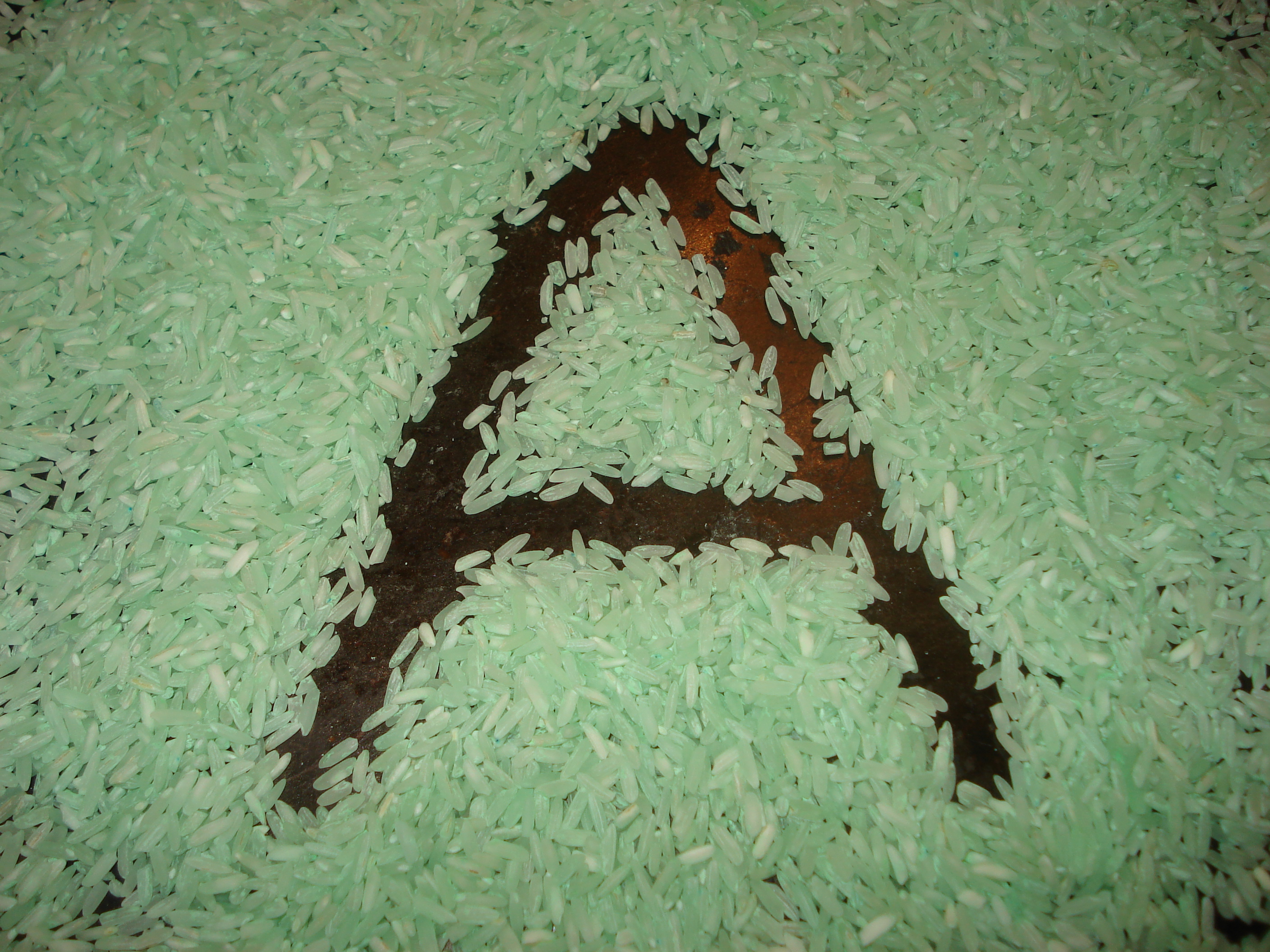The development of the ability for delayed gratification can be done from an early age. Increasing one's attention span will eventually affect many aspects of life from saving money to controlling a temper or facing temptation to do the wrong thing. It is important to start at the beginning.
The fact is the younger the age, the shorter the attention span. Infants have needs that should be met immediately. They need to know that their needs will be taken care of and this is exactly where they should be at developmentally. Toddlers have enough ability to wait with distraction or accept help to accomplish the thing for which they're waiting. Preschoolers can be stretched to increase their ability to wait with some help.
If you're curious where your child's attention span is at, try this little test... Place a raisin or M&M under a cup making sure your child sees what you're doing. Then explain that they can pick up the cup and eat it AFTER you ring the bell. (You can do this with lunch food or anything you approve of but keep it small so they don't fill up too quickly.) For the first ringing of the bell, ring right away. On the second attempt, ring the bell after a few seconds' delay. With each subsequent ringing, lengthen the time by a little longer each turn to try to stretch them. Some children will be able to wait and some won't. If they cannot wait for the bell, still watch the clock and ring the bell anyway as they will have to wait for it on the next round. Don't get upset. This is just an area to work on. Sidenote: don't play this when they're really hungry but when they still want a little food, like at snack time.






